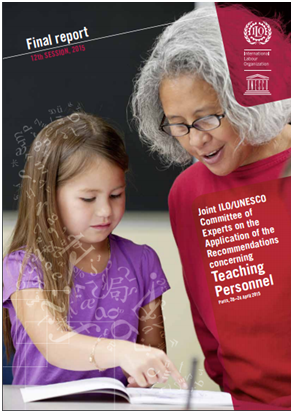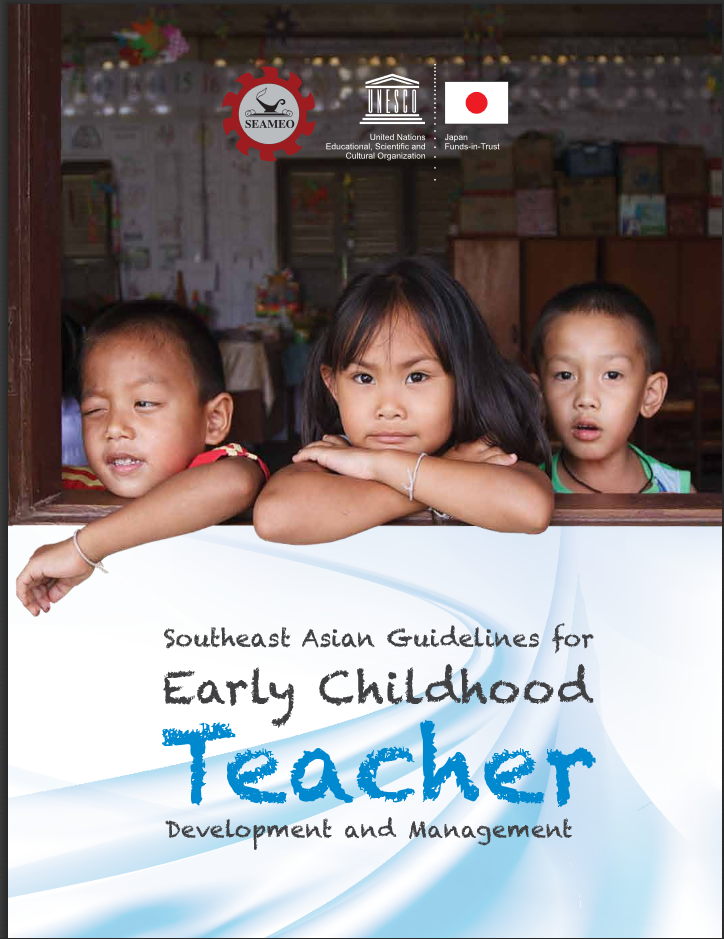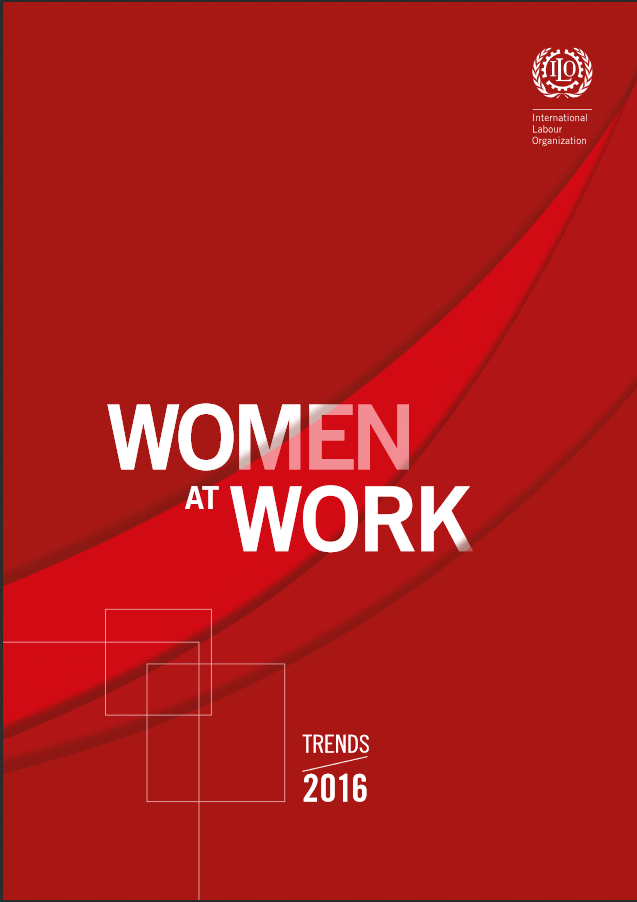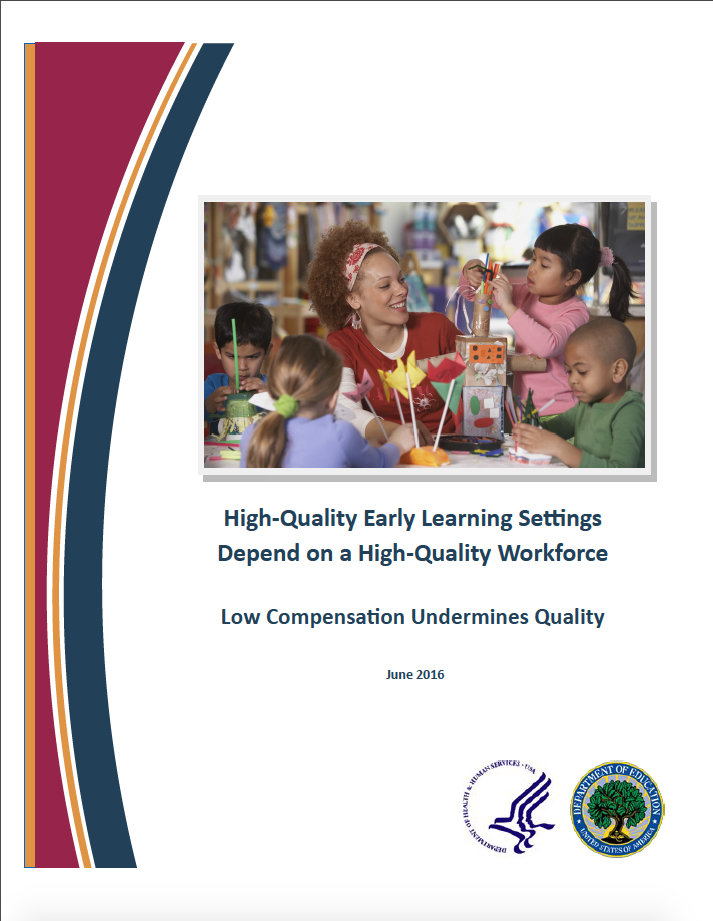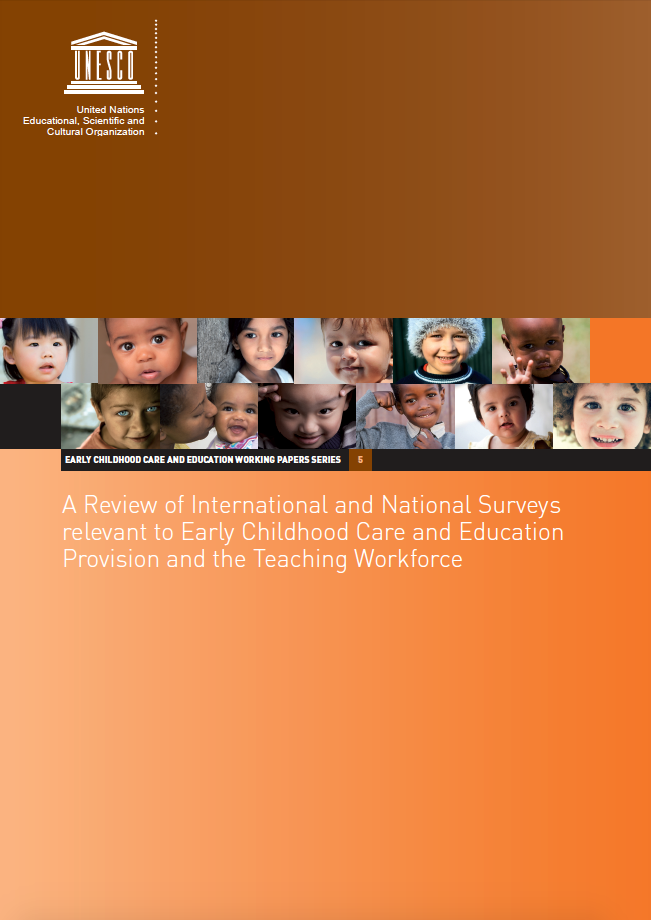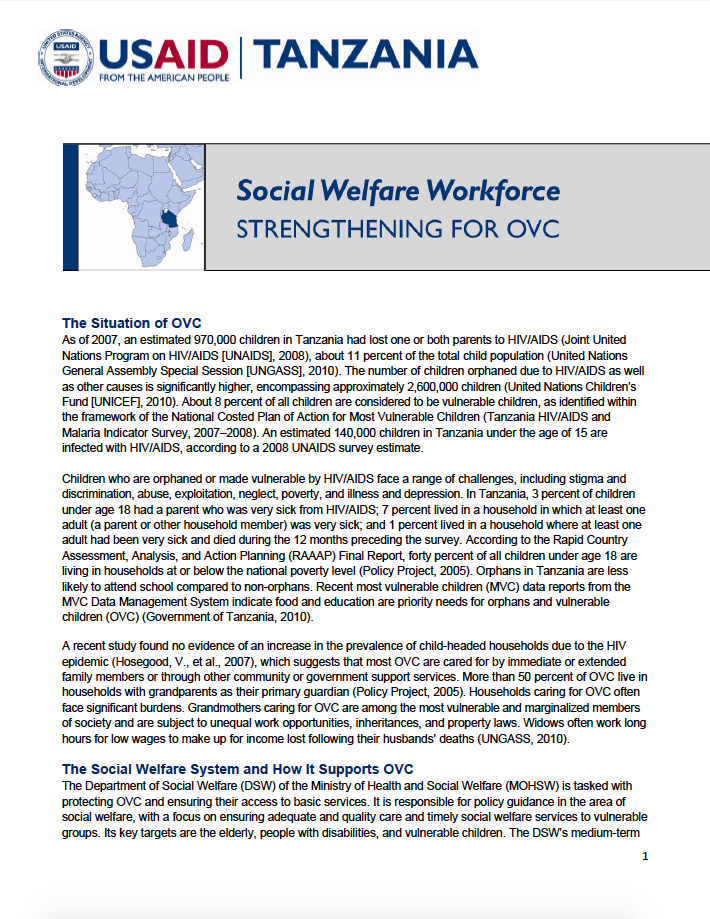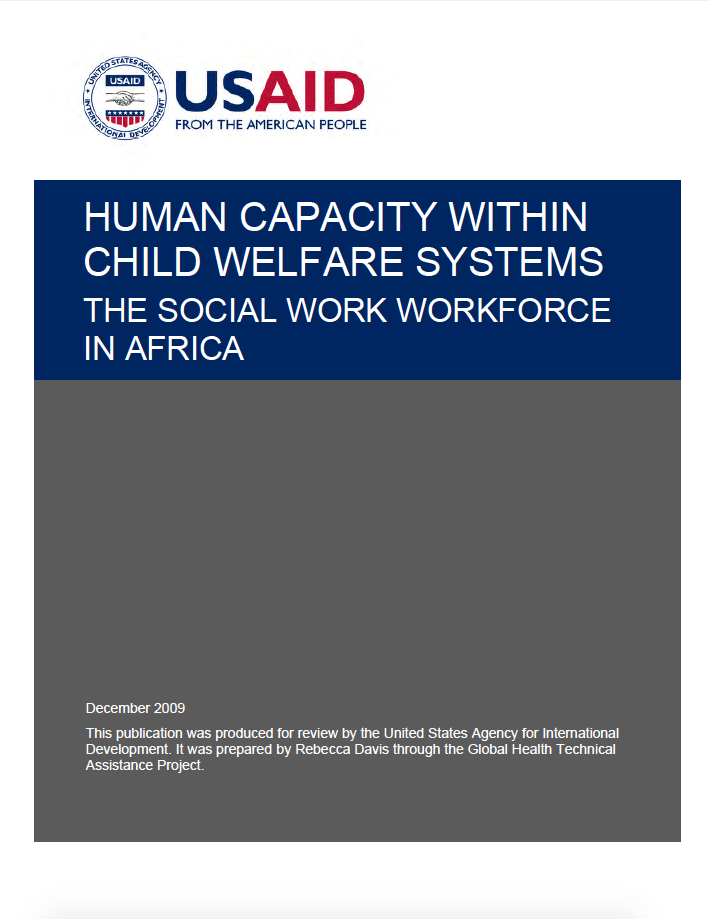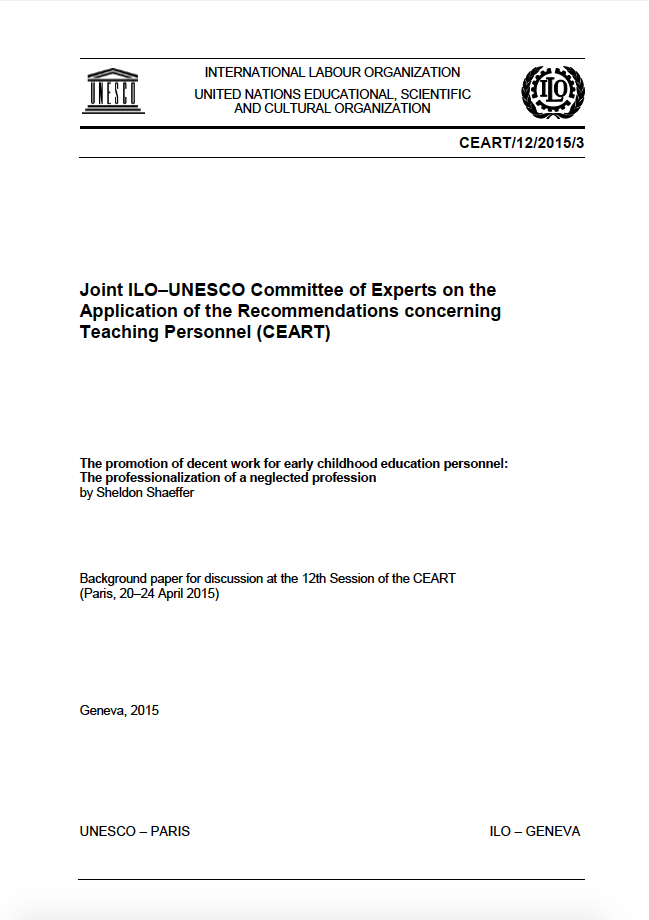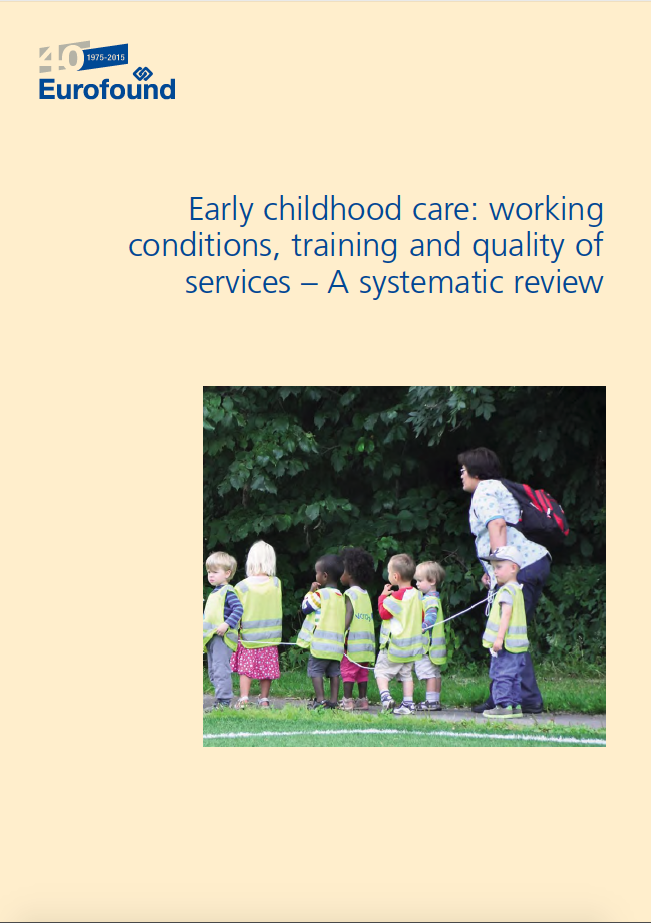Quality Assurance in Early Childhood Care and Development (ECCD) in Southeast Asia
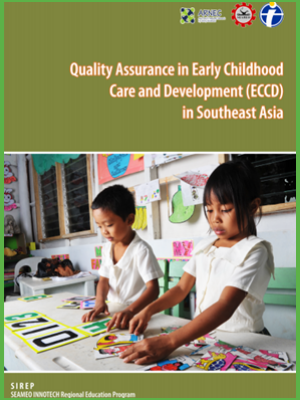
SEAMEO INNOTECH has prioritized Early Childhood Care and Development (ECCD) in Southeast Asia as one of its programmatic areas to support universalization of ECCD in the region. As part of its research agenda, the Center has completed an investigation of the ECCD quality assurancepolicies, mechanisms and models being implemented by SEAMEO member countries. Out of the 11 SEAMEO member countries, ten participated in the study. Data collected from these countries were analyzed to generate a regional ECCD quality assurance profile. SEAMEO INNOTECH is now pleased to share these findings in this latest publication.
The current publication discusses the current and depth of these ECCD policies, mechanisms and models as well as issues and challenges that still need to be addressed by SEAMEO member countries.
One major finding of the study shows that although there are ECCD policies and standards already in place in most SEAMEO member states, there is an absence of explicit ECCD quality assurance frameworks that could serve as an anchor for a holistic ECCD program. Because of this absence, most ECCD policies and standards in Southeast Asia are limited to qualifications of pre-school heads and teachers, early learning curricula, and requirements of physical facilities.
It is hoped that this publication will support SEAMEO member countries in their efforts to act on strengthening their ECCD policies and standards and formulating a comprehensive and holistic ECCD quality assurance framework that would consider the varied needs of pre-school children.
www.seameo-innotech.org


